A shift in the government’s policy governing steel quality control has forced a number of small and medium sized auto components manufacturing units in the country to shut shop in the last two years, according to an industry body.
The Steel Users Federation of India (SUFI) said there is a need to rethink the entire mechanism to prevent more such closures.
The problem is more acute in the western region, which has seen almost 20 per cent of the total such units shutting down since 2015, when the steel ministry issued the steel and steel products quality control order.
The Ministry’s 2015 order prohibits production, storage and sale of steel without Bureau of Indian Standards (BIS) certification in order to curb steel import and was aimed at curbing the import.
“India imports about 10 per cent of the total domestic steel demand. But after this order, whatever raw material was being imported suddenly stopped.
“In this scenario, an auto component maker who needs only 50 tonne of a particular material, which is not available in India, was importing to meet his requirement.
“However, he now he does not get this raw material because of these restrictions,” SUFI President Nikunj Turakhia said.
As a result either the component maker has to compromise with the quality of the product by using lower grade steel or he is forced to stop manufacturing of that particular component, he said.
“In the last two years a lot of units have shut down, especially in western region where majority of the auto component manufacturers depend on import for raw material.
“Almost 20 per cent of small and medium sized units have closed down in Western India during this period,” he said.
He said that import of raw material is more cost-effective than the domestic supplies as “the transportation cost from eastern to western region is much higher at about Rs 3,000 (USD 50) per tonnes than getting it imported from China at USD 30 per tonne or from Europe for USD 40 per tonne.”
Automotive sector accounts for 10 per cent of the total 105 million per annual steel consumption in the country after construction and infrastructure sectors.
“It (quality control) started as a non-tariff barrier and was initially applicable to only galvanised steel but later extended to hot and cold rolled steel and then to long products.
“I have already told the government that it is not serving the purpose it has been brought for as auto vendors know very well which quality they should because the final product is already under certain quality norms,” Turakhia said.
“So we have asked the government to exempt well-known international standards from the purview of the order,” he said adding it is necessary for the survival of these units.


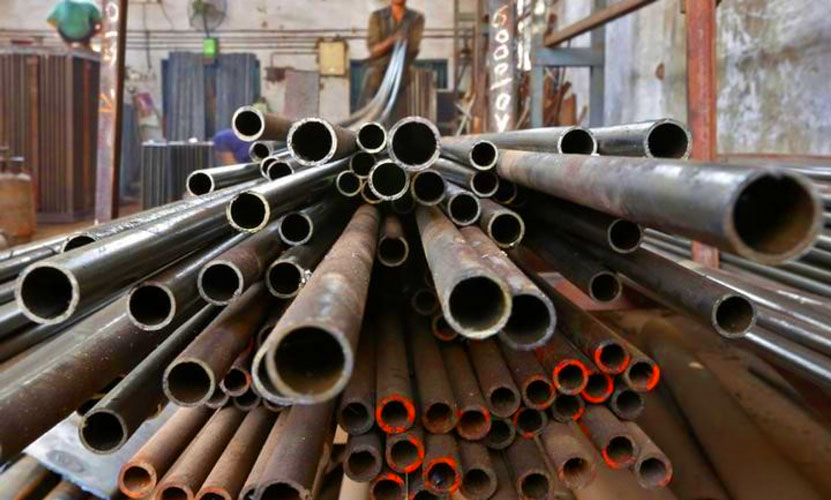
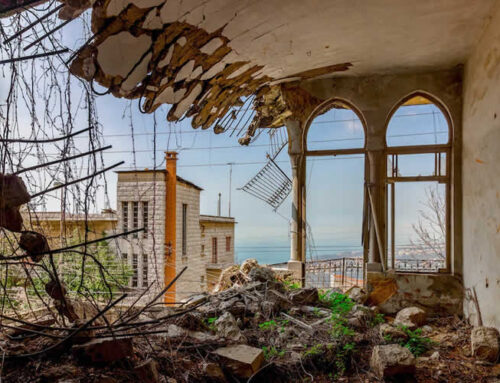
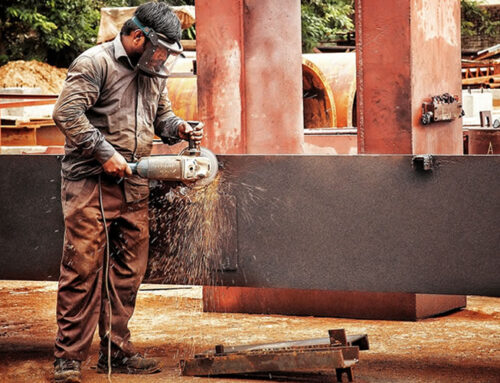
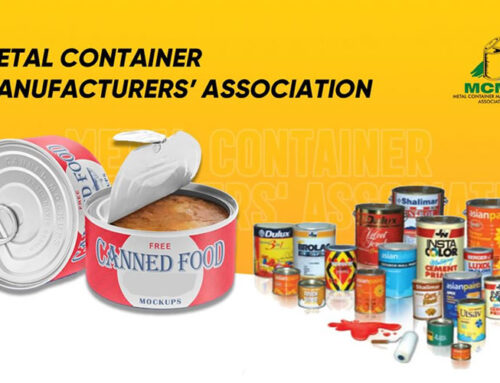
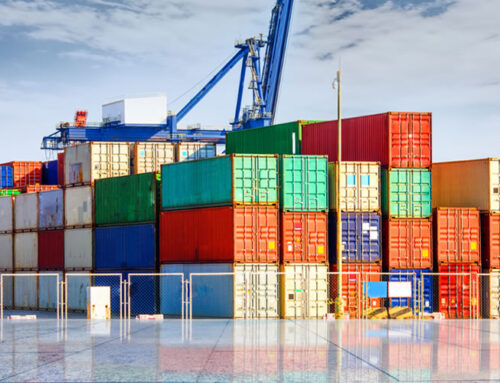
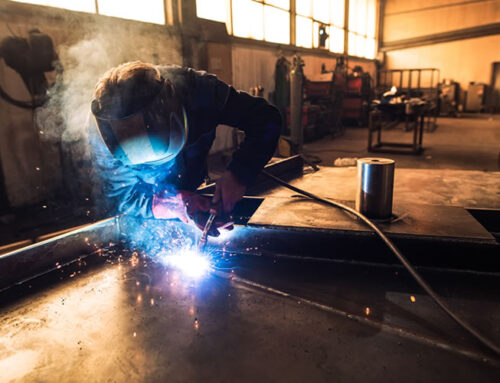
Leave A Comment
You must be logged in to post a comment.